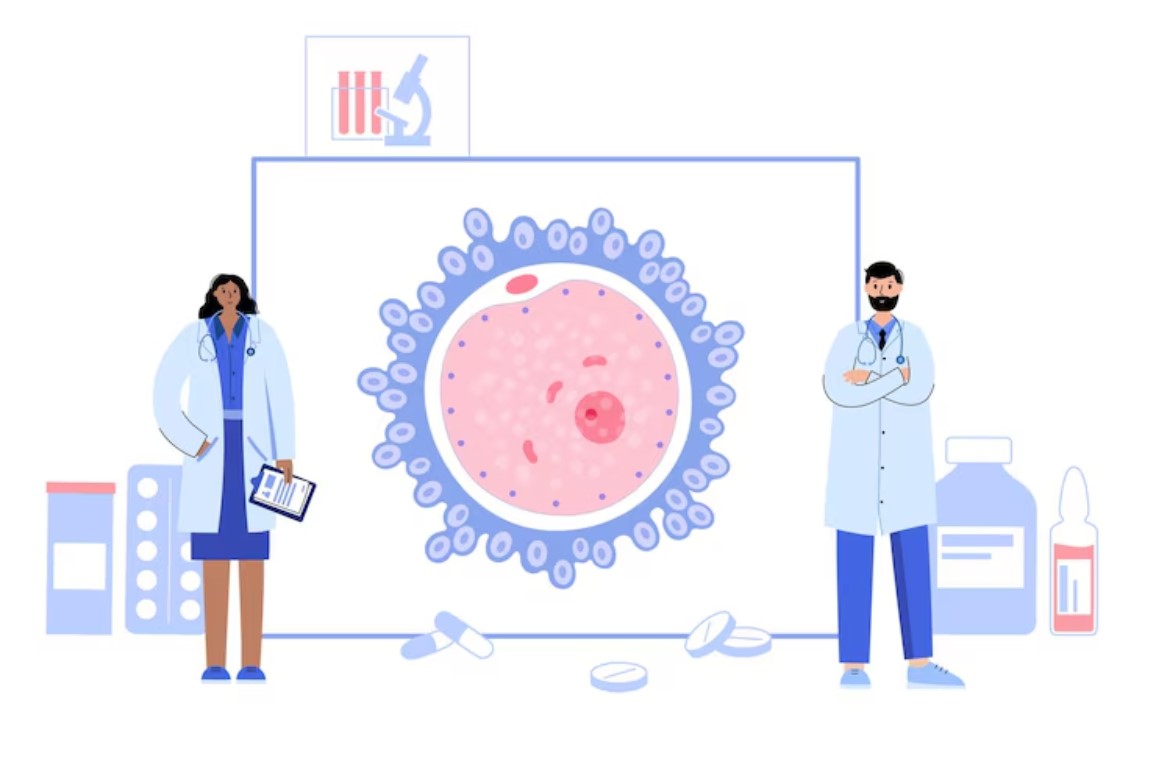If there is a need to see a doctor if one is having trouble getting one’s partner pregnant, it could be due to low sperm quality. Even if the doctor thinks low sperm count is the problem, it is suggested that one’s partner be evaluated to rule out potential contributing factors and also determine if assisted reproductive techniques may be required.
Couples need to get themselves checked out if they are not pregnant.
This includes an examination of one’s genitals and asking questions about any inherited conditions, chronic health problems, illnesses, injuries, or even surgeries that could affect fertility. The doctor might also inquire about one’s sexual habits and one’s sexual development.
A low sperm count is rather diagnosed as part of a semen analysis test. Sperm count is usually determined by examining semen under a microscope to check how many sperm appear within squares on a grid pattern. In a few cases, a computer might be used to measure the sperm count.
Semen samples can indeed be obtained in a couple of different ways. The person can provide a sample by masturbating and also ejaculating it into a special container at the doctor’s office. Because of religious or cultural beliefs, some men prefer opting for an alternative method of semen collection. In such cases, semen can be collected by using a special condom during intercourse.
The most common cause of low sperm count is the incomplete or improper collection of a sperm sample. Sperm counts also often fluctuate.

The chance of getting the partner pregnant decreases with decreasing sperm counts. Few men have any sperm in their semen at all.
There are several factors involved in reproduction, and the number of sperm in one’s semen happens to be a single reason. Few men with low sperm counts successfully father children. At the same time, some men with normal sperm counts are unable to father children. Even if you have sufficient sperm, other factors are equally important to achieving a pregnancy, including normal sperm movement (motility).
In rare cases, male fertility problems cannot be treated, and it is rather impossible for a man to father a child. If this is so, the person and partner can consider either using sperm from a donor or even adopting a child.
When facing challenges with fertility due to low sperm count or poor sperm quality, it is important to seek understanding, help, and support and also explore treatment options.
©2024. Andro9. All Rights Reserved.